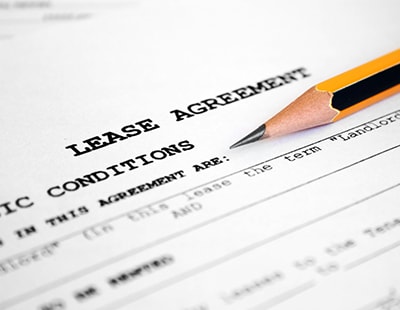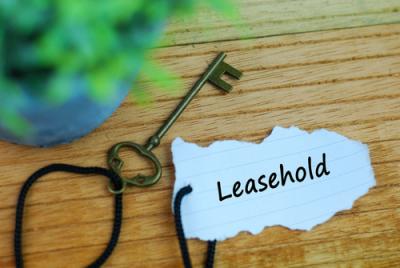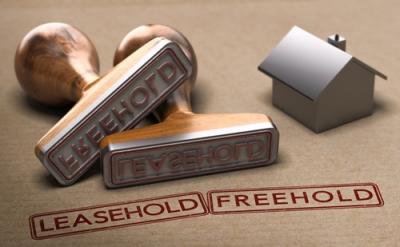While there is a distinct market for flats held on particularly short leases, there is a middle ground where flat owners need to appeal to the wider market and so the extension of the lease needs to be addressed.
The number of flats affected has increased over time as flat owners allow their lease terms to run down and the market pulls in the opposite direction, with lenders and buyers requiring longer lease terms and being picky about the level of ground rent they will accept, amongst other issues.
This can be tricky; buyers may not be willing or able to take on the statutory process to see through after completion at their own expense, due perhaps to their lender balking at the current lease term to be taken as security on completion, a change in sentiment, solicitor reluctance or receiving adverse advice as to the level of premium payable.
As a result, an agreed sale may fall over a month or so down the line. The landlord may not entertain the grant of a lease outside that process or at least on terms that are saleable. Even if they will, a great deal of effort and co-ordination is required.
The seller may be left having to extend their lease before they come to the market and so speed and cost effectiveness are key. To achieve this, a competent and efficient professional team need to be assembled promptly.
There are a plethora of solicitors and surveyors offering those services with a huge range of experience and fees to be navigated. Alternatively, there are fixed price one stop shop services, which offer all of the support in one place so saving time and money.
Initially the team will assess the flat owner’s entitlement and the premium payable. Broadly speaking, flat owners have the right to force their landlord to grant them an extended lease after they have held the flat for at least two years where the original term of the lease exceeded 21 years. The new lease will increase the term by 90 years and reduce the ground rent to effectively nil.
It is possible, when it comes to cash buyers, to assign the benefit of the process to a buyer for them to complete after their purchase of the existing leasehold interest, or if their lender is content with the current short lease term. The parties would need to agree who is to bear the risk as to the costs associated with the procedure and the premium payable for the new lease. In a buoyant market, buyers are often happy to take on this risk.
In a flat or falling market, buyers may be more cautious; they may refuse to take on the process so requiring the procedure to be completed before they will acquire the flat or require that a pot of money be set aside from the sale proceeds to fund the costs and premium above a certain level or in their entirety.
Flat owners with short leases considering selling should bear in mind that obtaining an extended lease is likely to enhance the value of their property and increase the pool of possible buyers. It may also protect their position if a sale is not achieved; the premium payable will jump if the owner allows the remaining term of the lease to fall below 80 years as Marriage Value is then payable. This element of the premium will increase as the remaining term reduces.
So flat owners close to the 80-year mark should start the process urgently and those with less than 80 years remaining need to balance the upward effect on the premium of the term reducing against the possible downward effect of a fall in market value. Dithering can be expensive as starting the statutory procedure fixes the valuation date by reference to which the premium payable for the new lease is calculated.
If there are management issues that might reduce interest in the property, they may want to consider pursuing one of the collective rights of freehold enfranchisement or the right to manage. A collective acquisition of the freehold could be completed within a similar time timescale. The right to manage is likely to be quicker.
Key questions to ask:
• Has the seller owned the property for at least two years?
• Is the remaining term of the lease already below 80 years?
• Was the original lease granted for a term exceeding 21 years?
• Is it necessary to also gain control of management and if so is there sufficient interest in the block?
• Will the ground rent put off buyers; if so extending your lease will solve this, albeit at a price.
Mark Vinall is a partner in the Lease Extension and Enfranchisement team at Winckworth Sherwood. For more information, visit https://wslaw.co.uk/specialisms/real-estate/conveyancing-lease-extension-enfranchisement/one-stop-shop























Join the conversation
Be the first to comment (please use the comment box below)
Please login to comment